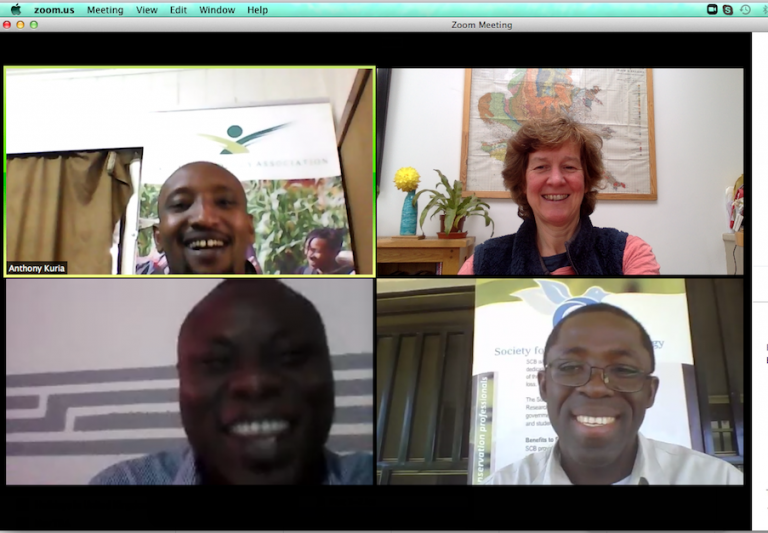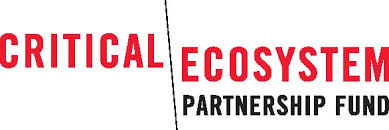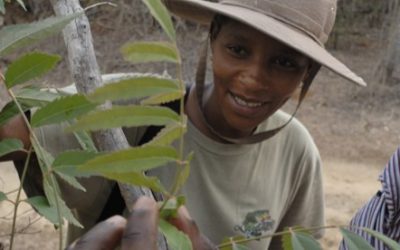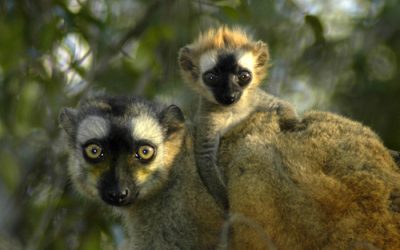The Tropical Biology Association is excited to see what trainees on our first-ever online course will accomplish with the knowledge they are acquiring. This is a dynamic and motivated group, and their new projects will greatly enhance the conservation of the Guinean Forests of West Africa Hotspot.
TBA has designed this course especially for conservation organisations from Nigeria and Ghana, focusing on project design and fundraising. The 42 participants are now half way through their training and tell us that the training and feedback they are receiving has already helped them improve their work.
Obongha Oguni from NGOCE in Nigeria told us “The leadership you provided, perseverance and understanding is highly commendable”.
The participants have now all set themselves targets of submitting project proposals in the first quarter of 2021, and they have formed a network for encouragement and advice on a WhatsApp group. They are working on a range of urgent conservation projects – from stopping pangolin poaching, to conserving sea turtles, to restoring vital forest habitats. At least 15 successful projects will result from this course, that ends in mid-February 2021.
We have also learned a lot, and the experience from running this course is helping shape our thinking on how to use the new online learning environment to maximum effect for future TBA courses.





